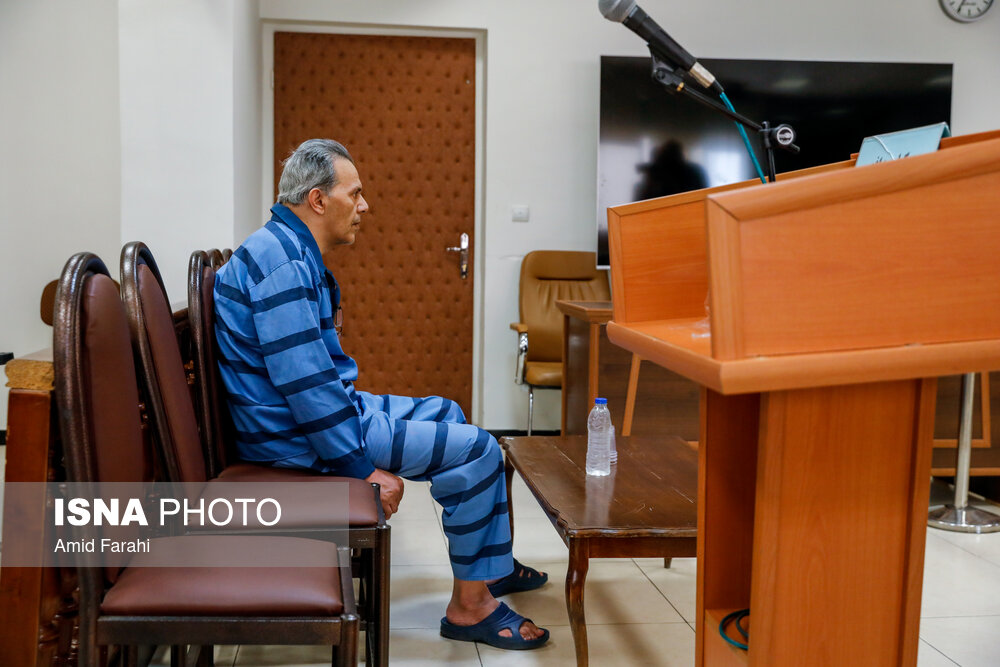Speaking to reporters in New York, Foreign Minister Annalena Baerbock said Sharmahd was executed despite Berlin’s intense diplomatic endeavour at the highest political level.
“We have repeatedly made it clear to Tehran that the execution of a German citizen will have serious consequences, so I have decided to close Iran’s consulate generals in Frankfurt am Main, Munich and Hamburg,” she added.
Sharmahd, who was convicted last year, was executed on Monday. He was behind a series of terrorist attacks, including a 2008 attack against a religious congregation center in the southern Iranian city of Shiraz, which killed 14 people, including 5 women and an infant, and wounded hundreds more.
Following his execution, Germany’s Foreign Ministry protested to Iran by recalling its envoy to Tehran and summoning the Iranian charge d’affaires in Berlin. German officials have claimed that the Iranian Judiciary system lacked legal jurisdiction for the terrorism case involving the Iranian national, who held a German passport and lived in the United States.
Likewise, Tehran summoned German Ambassador Markus Potzel over Berlin officials meddling in the internal affairs of Iran.
In defense of the Iranian Judiciary’s execution of Sharmahd, Iranian Foreign Minister Seyyed Abbas Araghchi said granting a German passport to an individual does not provide impunity, not least to a “terrorist”.
Addressing Baerbock in an X post on Tuesday, Araghchi censured arrogant claims of human rights by German officials, stressing even the German people made fun of them for their hypocrisy.
In Iran, no terrorist is entitled to immunity even if that terrorist is backed by Germany, the Iranian minister added.
